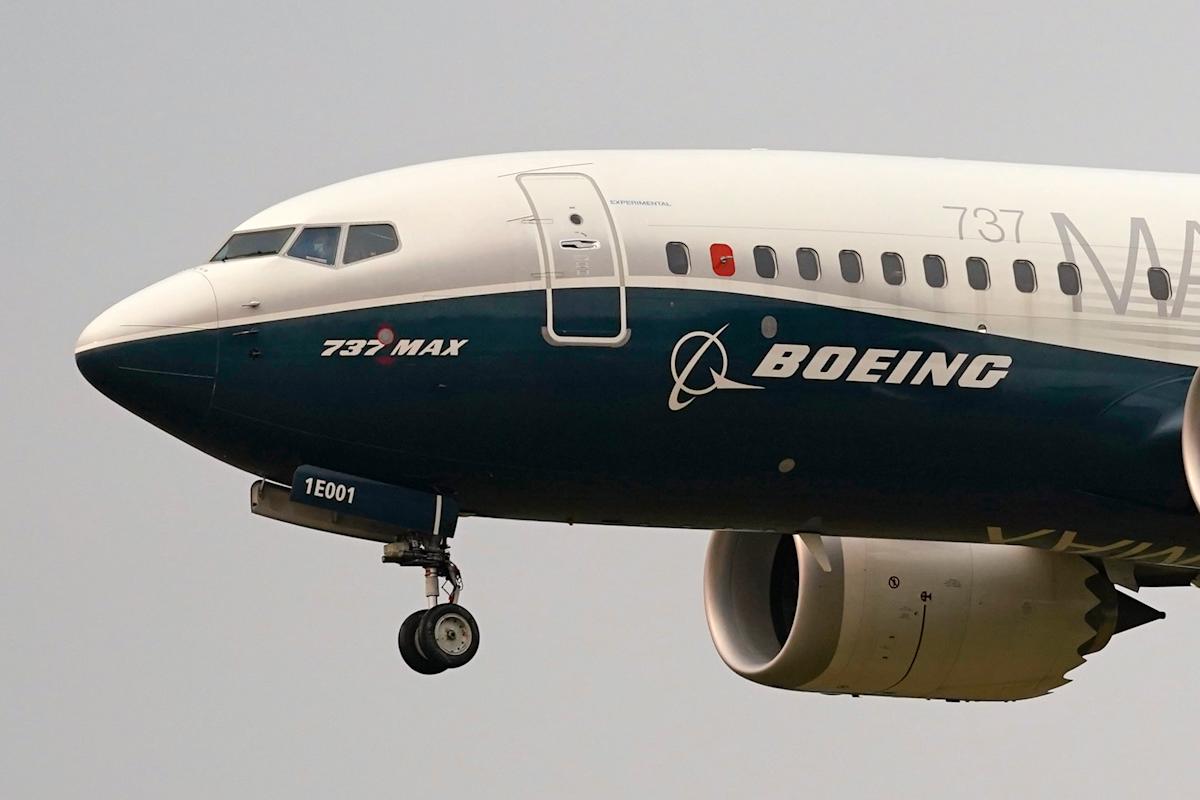
What is expected in Boeing's third quarter earnings report?


Boeing (BA) will announce its third-quarter earnings on Wednesday before the market opens. CEO Kelly Ortberg will share some key issues with investors during the restructuring process of the struggling aviation giant; these include increasing delivery rates and reducing cash burn.
Boeing is expected to report third-quarter revenue of $22.29 billion, according to Bloomberg estimates. This figure represents a 3.5% increase compared to the previous quarter's $21.68 billion and over last year. This coincides with the start of Ortberg's tenure as CEO in August of last year.
However, the expected adjusted loss per share for Boeing is projected to be $4.92, and the adjusted net income loss is anticipated to be $3.32 billion. Last year, Boeing reported a loss of $6.17 billion, with a cash flow loss of $1.34 billion.
During that time, Boeing was struggling with losses from a strike by the largest machinists' union, and deliveries had slowed due to various quality issues. For example, the January door seal failure of Alaska Airlines exemplifies this issue.
A year later, Boeing has made notable progress under Ortberg's leadership; the company's shares have gained 27% year-to-date.
Earlier this month, Boeing announced that third-quarter commercial deliveries reached 160 aircraft. This reflects an increase compared to the 150 deliveries in the previous quarter and a higher figure than the 116 aircraft deliveries from a year ago.
Among third-quarter deliveries were 121 737 Max jets (compared to 92 last year), 24 787 aircraft (up from 14 last year), 9 777 aircraft (compared to 4 last year), and 6 767 aircraft (unchanged from last year).
However, a negative note is that Boeing's latest widebody aircraft, the 777X, is still not completed on time and has not yet been approved by regulators. Analysts expect Boeing to report a significant liability due to delays with this aircraft.
To accelerate sales of the 737 Max, the Federal Aviation Administration (FAA) approved Boeing's increase in the production rate of the 737 MAX from 38 to 42 aircraft per month. Ortberg indicated at the end of May that Boeing's target is to review preparations for an increased production rate of 47 aircraft per month by the end of the year, with this increase expected to occur by 2026.
A potential disruption in Boeing's future performance could stem from the defense division. Boeing defense workers have rejected the company's latest contract offer, extending their strike into the 13th week. The International Association of Machinists and Aerospace Workers (IAM) District 837 stated that Boeing did not meet the demands of over 3,200 striking union members.
Regarding future commercial deliveries, Boeing secured significant agreements with major clients such as Norwegian Group, Turkish Airlines, WestJet, and Korean Air in the third quarter.
Boeing's main competitor, Airbus, surpassed Boeing in global deliveries in 2019, before the pandemic, and has maintained its leading position since then. However, as Boeing reconfirms its forecasts for the year, engine supply issues are posing challenges for Airbus.
.png)
Yakında Tüm Platformlarda
Sizlere kesintisiz haber ve analizi en hızlı şekilde ulaştırmak için. Yakında tüm platformlarda...





.png)